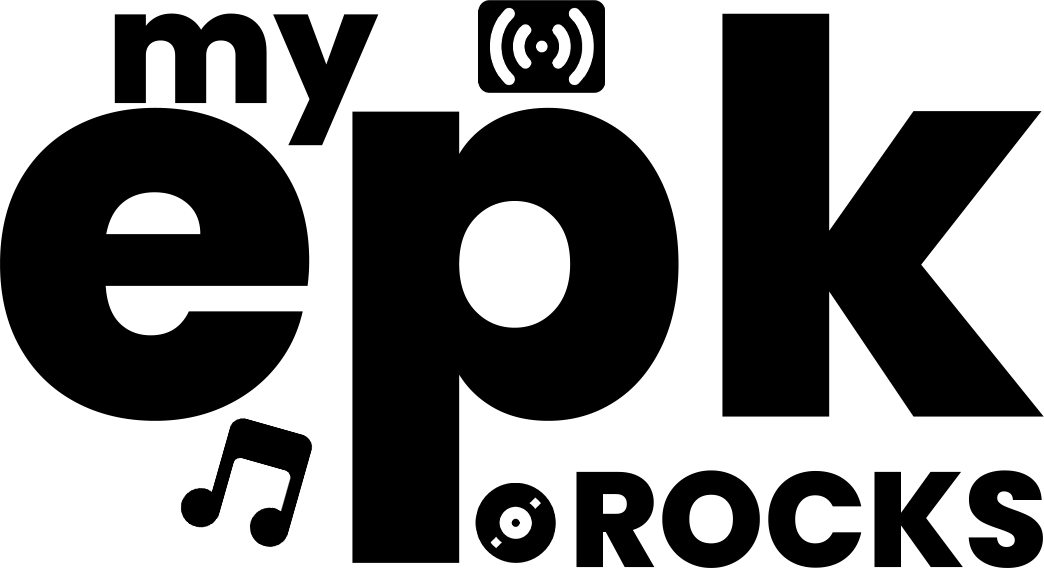Alright, let’s dive into the future of music launches, specifically targeting 2026 and beyond. Forget just hitting repeat on the TikTok strategy; the game’s changing, and we need to level up. Whether you’re a seasoned pro or just starting out, this is your guide to cutting through the noise and actually connecting with your audience.
Beyond the 15-Second Soundbite: 2026 and the Evolution of Music Discovery
Let’s be real, TikTok’s still important. It’s a massive discovery platform, especially for younger demographics. But putting all your eggs in that basket is, frankly, risky. The algorithm’s fickle, trends shift faster than your grandma changes channels, and what works today might be buried tomorrow. Plus, relying solely on a single platform creates a dependency that leaves you vulnerable when (not if) things change.
Think back to MySpace. Remember how everyone was obsessed with it, and then…poof? The music industry learns and evolves quickly, and there are even some whispers among the techy folks that the new “big thing” has already been launched and we’re just behind the curve. The first rule of digital business is, “Don’t hitch your wagon to just one horse.”
So, what’s the alternative? A multi-pronged approach. A strategy that understands the evolving digital landscape and prioritizes authentic connection over fleeting virality. We’re talking about building a sustainable fan base, creating lasting impact, and controlling your narrative. So, let’s break it down into some key areas:
1. Deepening the Fan Connection: The Rise of Micro-Communities and Personalized Experiences
Generalization is the enemy of innovation and it seems like most things online have evolved to be overly generalized, which creates the problem of a lack of uniqueness. Remember the days when you felt special for finding that one music artist that nobody else knew about? That’s the feeling we need to reclaim.
The broad-reach tactics of the past are becoming less effective. People are craving more intimate experiences and a sense of belonging. Enter the age of micro-communities. Think smaller, targeted groups built around shared interests, values, or even hyper-specific subgenres.
- Discord Servers: Discord is way more than just a gamer’s hangout. It’s a powerful platform for building direct relationships with your fans. Create a dedicated server for your music, offer exclusive content (behind-the-scenes snippets, early access to tracks, Q&A sessions), and foster genuine conversation. Check out this guide on building a thriving Discord community. This creates a feeling of belonging, and your fans become advocates, organically spreading your music.
- Patreon & Other Subscription Services: Offer exclusive content and experiences to your most dedicated fans through platforms like Patreon. This could include unreleased tracks, personalized merch, online concerts, or even songwriting workshops. Patreon provides a predictable revenue stream and allows you to directly reward your superfans. A good place to get started with Patreon is here.
- Niche Forums & Online Groups: Don’t underestimate the power of smaller online communities. Find forums, Reddit threads, or Facebook groups dedicated to your genre and actively participate in the conversation. Share your music authentically, offer insights, and engage with other members. The more specialized the community, the more likely you are to find true fans who appreciate your unique sound.
Why this matters in 2026: People are overwhelmed by the sheer volume of content available. They’re seeking curated experiences and a sense of connection. By building micro-communities, you’re creating a dedicated space where your music can truly resonate.
2. Interactive Experiences: Beyond the Passive Listen
In 2026, music isn’t just something you listen to; it’s something you experience. Audiences crave interactivity, participation, and the chance to become part of the creative process.
- Livestreaming Concerts with Interactive Elements: Forget just pointing a camera at a stage. Integrate interactive elements into your livestreams. Use polls, Q&A sessions, and even interactive visuals that respond to audience participation. Platforms like Twitch and YouTube Live offer tools to make your livestreams more engaging. Here are some tips for running engaging live streams.
- AR/VR Music Experiences: Augmented reality (AR) and virtual reality (VR) are creating entirely new ways to experience music. Imagine attending a virtual concert with your favorite artist, interacting with virtual instruments, or even creating your own remixes within a VR environment. While AR/VR development can be expensive, platforms like Spatial and Horizon Worlds are making it more accessible.
- Interactive Music Videos: Create music videos that allow viewers to make choices that affect the storyline or even influence the music itself. This level of engagement keeps viewers hooked and encourages repeat plays. Tools like Eko allow you to build interactive video experiences without extensive coding knowledge.
- Collaborative Songwriting & Production: Involve your fans in the creative process. Host online sessions where you co-write lyrics, solicit feedback on song arrangements, or even allow fans to contribute samples to your tracks. This creates a sense of ownership and fosters a deeper connection.
Why this matters in 2026: Audiences are no longer satisfied with passive consumption. They want to be active participants in the creative process. By offering interactive experiences, you’re transforming listeners into fans and building a community around your music.
3. Data-Driven Decisions: Understanding Your Audience and Optimizing Your Strategy
Gone are the days of relying on gut feelings and intuition. In 2026, data is king (or queen). You need to understand your audience, track your performance, and use insights to optimize your strategy.
- Spotify for Artists & Apple Music for Artists: These platforms provide valuable data about your listeners, including demographics, listening habits, and geographical location. Use this information to tailor your marketing efforts and target specific audience segments.
- Social Media Analytics: Track your performance on social media platforms to understand what content resonates with your audience. Experiment with different formats, posting times, and messaging to optimize your engagement.
- Website Analytics: Use tools like Google Analytics to track website traffic, understand how visitors are interacting with your content, and identify areas for improvement.
- Fan Surveys & Feedback: Don’t be afraid to ask your fans for feedback. Conduct surveys to understand their preferences, identify areas where you can improve, and get ideas for future projects. Tools like SurveyMonkey or Google Forms can help you with this.
Why this matters in 2026: Data provides invaluable insights into your audience and their behavior. By using data-driven decisions, you can optimize your marketing efforts, target the right audiences, and ultimately increase your reach and impact.
4. Diversifying Your Revenue Streams: Beyond Streaming Royalties
Let’s face it, streaming royalties alone aren’t going to cut it. You need to diversify your revenue streams to create a sustainable music career.
- Merchandise: Offer unique and high-quality merchandise that reflects your brand and appeals to your fans. This could include t-shirts, posters, vinyl records, or even limited-edition collectibles.
- Live Performances: Live performances are still a crucial source of income. Focus on creating memorable experiences that encourage fans to come back for more.
- Licensing & Sync Opportunities: Explore opportunities to license your music for film, television, video games, and advertising. This can provide a significant revenue stream and expose your music to a wider audience. Platforms like Songtradr and Music Gateway can help you connect with potential licensing opportunities.
- Online Courses & Workshops: Share your knowledge and expertise by creating online courses or workshops. This can be a great way to generate income and build a community around your music. Platforms like Teachable and Thinkific make it easy to create and sell online courses.
- NFTs & Blockchain Technology: NFTs (non-fungible tokens) are creating new ways for artists to connect with fans and monetize their work. You could create NFTs for exclusive tracks, artwork, or even virtual experiences. Blockchain technology can also be used to streamline royalty payments and ensure artists are fairly compensated for their work. While the NFT market has fluctuated, its long-term potential for music creators is undeniable. Learn more about NFTs for musicians here.
Why this matters in 2026: Diversifying your revenue streams creates financial stability and allows you to focus on creating music without constantly worrying about money.
5. Mastering the Art of Storytelling: Building a Compelling Narrative
In 2026, it’s not enough to just release great music; you need to tell a compelling story that resonates with your audience.
- Authenticity is Key: Be genuine and authentic in your storytelling. Share your personal experiences, struggles, and triumphs. People connect with artists who are relatable and vulnerable.
- Craft a Consistent Brand Identity: Develop a consistent brand identity that reflects your music and personality. This includes your logo, color scheme, font, and overall visual aesthetic.
- Utilize Different Content Formats: Use a variety of content formats to tell your story, including photos, videos, blog posts, and podcasts.
- Engage with Your Audience: Respond to comments, answer questions, and participate in conversations. Show your fans that you value their support and input.
Why this matters in 2026: People are bombarded with information every day. You need to cut through the noise and capture their attention with a compelling story that resonates with their values and emotions.
6. The Power of Collaboration: Expanding Your Reach and Creativity
Don’t go it alone! Collaboration is a powerful tool for expanding your reach and unlocking new creative possibilities.
- Collaborate with Other Artists: Partner with other musicians, producers, and songwriters to create new music and reach new audiences.
- Collaborate with Brands: Partner with brands that align with your values and aesthetic to create sponsored content and reach new markets.
- Collaborate with Influencers: Work with social media influencers to promote your music and reach their followers.
- Collaborate with Your Fans: Involve your fans in the creative process and give them a sense of ownership over your music.
Why this matters in 2026: Collaboration allows you to tap into new audiences, expand your network, and unlock new creative possibilities.
7. Embrace Emerging Technologies: Staying Ahead of the Curve
The music industry is constantly evolving, and it’s important to stay ahead of the curve by embracing emerging technologies.
- AI-Powered Music Tools: Explore AI-powered tools for music creation, production, and marketing. These tools can help you streamline your workflow and unlock new creative possibilities.
- Web3 and Decentralized Platforms: Explore the potential of Web3 and decentralized platforms for music distribution, monetization, and fan engagement.
- Immersive Audio Technologies: Experiment with immersive audio technologies like Dolby Atmos and Spatial Audio to create more engaging listening experiences.
- Generative AI Music Creation: While controversial, generative AI tools are rapidly evolving. Exploring their potential (and ethical considerations) is crucial for understanding the future of music creation.
Why this matters in 2026: Emerging technologies are transforming the music industry. By embracing these technologies, you can stay ahead of the curve and unlock new opportunities for growth and innovation.
Putting It All Together: A Holistic Approach to Music Launching in 2026
Launching music in 2026 is about more than just getting streams. It’s about building a community, creating lasting connections, and diversifying your revenue streams. Here’s a summary of the key strategies:
- Focus on Deepening Fan Connection: Build micro-communities, offer personalized experiences, and foster genuine conversation.
- Create Interactive Experiences: Go beyond the passive listen with livestreams, AR/VR experiences, and interactive music videos.
- Utilize Data-Driven Decisions: Track your performance, understand your audience, and optimize your strategy based on data insights.
- Diversify Your Revenue Streams: Explore merchandise, live performances, licensing opportunities, online courses, and NFTs.
- Master the Art of Storytelling: Craft a compelling narrative that resonates with your audience and builds a strong brand identity.
- Embrace Collaboration: Partner with other artists, brands, and influencers to expand your reach and unlock new creative possibilities.
- Stay Ahead of the Curve: Embrace emerging technologies like AI, Web3, and immersive audio.
The most important thing? Be authentic, be persistent, and never stop learning. The music industry is constantly evolving, and the artists who are willing to adapt and innovate will be the ones who thrive in 2026 and beyond. So, get out there, experiment, and create something amazing! Good luck!
Remember to do your research, stay up-to-date with industry trends, and always prioritize the connection with your fans. The future of music is in your hands!


